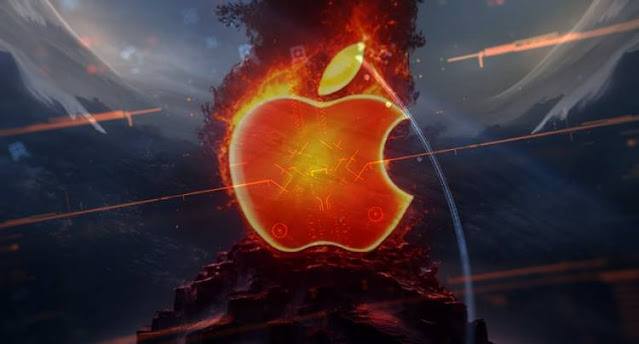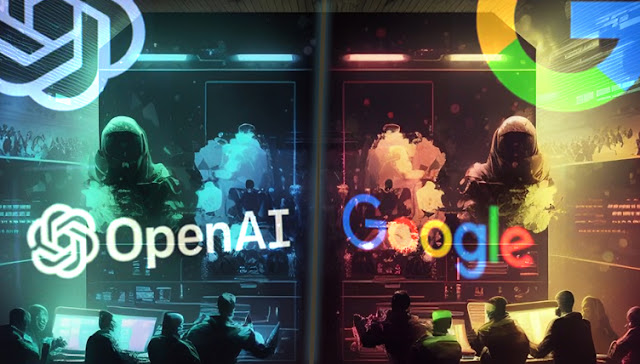The world of Artificial Intelligence (AI) is ever-evolving, and this week has been particularly groundbreaking, especially in the realm of AI art. From new features in image generation platforms to legal battles over AI-generated art, there's a lot to unpack. Here's a comprehensive update on what you need to know.
Mid-Journey's In-Painting Feature
Mid-Journey, a prominent player in the AI art space, recently rolled out its in-painting feature. This feature allows users to selectively modify specific regions of an image. For instance, you can change a character's hairstyle or clothing by simply selecting the area and inputting a prompt. The feature has been praised for its ability to produce higher quality and more detailed images when the entire image is selected with the same prompt.
What's Coming Next? According to David, the founder of Mid-Journey, the company is focusing on enhancing the in-painting features and is also prioritizing the development of version 6. This new version aims to offer more control, better text understanding, and improved resolution. However, there's no estimated release date yet.
Ideogram AI: Text to Image Revolution
Ideogram AI, developed by a team from Google Brain, UC Berkeley, CMU, and the University of Toronto, has introduced a standout feature: adding text to AI-generated images. The platform allows users to generate images based on text prompts, offering a level of quality and detail that surpasses other platforms.
Actually, we used it for this article's header image!
Leonardo AI's Anime Pastel Dream
Leonardo AI has added a new model called Anime Pastel Dream, which allows users to generate anime-style images. The model is accessible through the Leonardo app and has been praised for the quality of images it produces.
Legal Challenges in AI Art
A U.S. federal judge recently ruled that AI-generated art cannot be copyrighted if it is produced without human intervention. This decision has sparked debates and discussions about the nuances of copyright laws concerning AI-generated art.
AI in Marketing: A Partnership with HubSpot
In collaboration with HubSpot, we're offering a free report on how AI is revolutionizing marketing. The report, "AI Trends for Marketers in 2023," provides insights into how AI tools are being used to create content faster, analyze data instantly, and increase ROI.
YouTube and AI in Music
YouTube has announced a partnership with Universal Music Group to explore the ethical and responsible use of AI in the music industry. They aim to ensure fair compensation for artists and record labels.
YouTube is also testing a new feature that allows users to hum a song to search for it. Built on a machine-learning model, this feature can identify a song based on its "fingerprint" or signature melody.
Advances in Healthcare
Microsoft and Epic are collaborating to use generative AI in healthcare. They aim to improve clinician productivity, reduce manual labor-intensive processes, and advance medicine for better patient outcomes. AI is also helping paralyzed individuals communicate through brain implants, marking a significant advancement in healthcare technology.
Conclusion
AI is not just a technological marvel; it's a tool that's shaping various industries, from art and marketing to healthcare. Despite some legal and ethical challenges, the future of AI looks promising. Companies are investing heavily in AI, and it's clear that we're just scratching the surface of its potential.
-----------
Author: Trevor Kingsley
Tech News CITY // New York Newsroom















